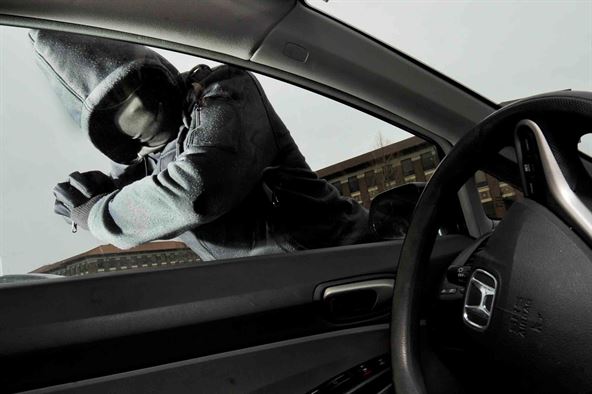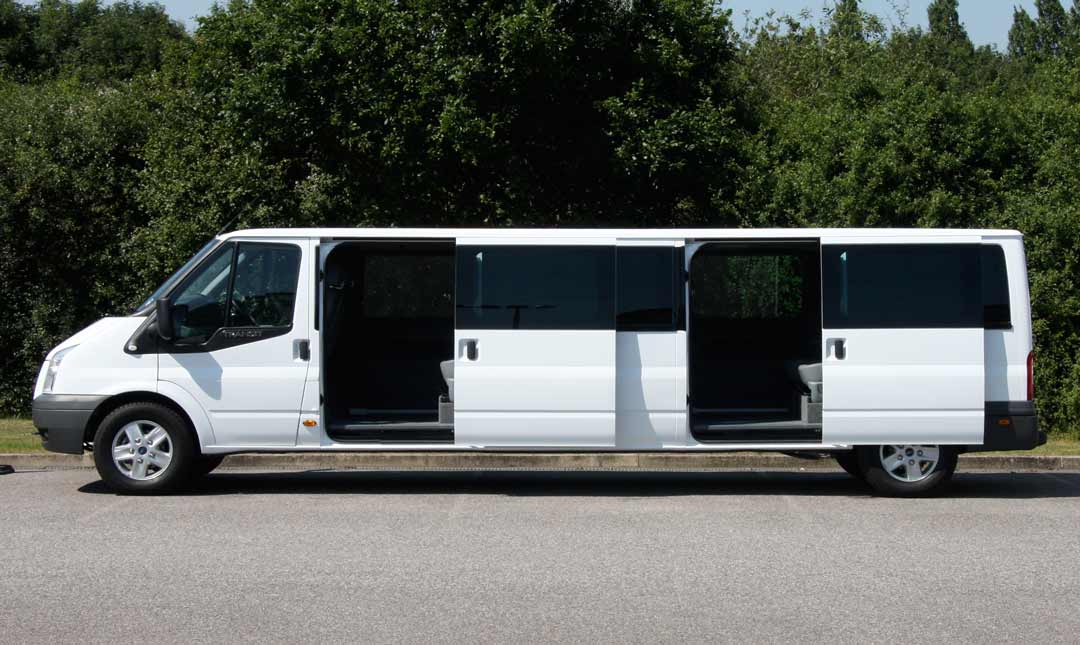Understanding Motor Car Insurance

Motorcar insurance can be complicated and difficult to understand. It is absolutely essential to have a good grasp of the terminology that is used as well as the terms and conditions that apply to a specific policy. In addition, the fine print should never be overlooked.
1. Understanding The Terms
The terms of your car insurance refer to the cover you will receive for the payment that you have made over a specified period of time. For example, if you pay a monthly rate or premium, you will be covered for that month according to the cover that is provided by the policy. If you fail to make a payment, your cover will immediately cease. The cover will only resume once you are up to date with all your payments. Find out also how you can get motor car insurance for less online.
Different types of cover are available from basic liability to full or comprehensive auto insurance. These terms will be covered in depth below.
2. Understanding The Conditions
Certain conditions apply to the coverage that is provided by a policy. These conditions are basically the rules that need to be followed in order for coverage to be awarded when you need it. They also include restrictions or limitations that may be applied. For example, if you take out a policy that provides €300.00 liability insurance, it will only pay a maximum of €300.00 to an injured third party.
Conditions may also apply to a co-payment or deductible relative to a claim. If you claim €500.00 for damages to your vehicle and your deductible is €50.00, you will only receive an amount of €450.00 from your insurance provider to cover your costs. The remaining amount will need to be paid by you.
There may also be conditions as to the safety and security of the vehicle. Your car may need to be parked in a safe and secure area or have an alarm/anti-hijacking device in order for cover to be awarded. If the vehicle is stolen and these conditions have not been met, you may not be able to enter a claim. Another example of a condition may be that a claim will not be met if it is found that you were driving while intoxicated when the car was in a collision.
It is absolutely crucial to understand all the conditions of your insurance policy. Even if you have taken out comprehensive insurance, it does not necessarily mean that you will be covered in all eventualities.

3. Liability Insurance
Liability insurance (also called third-party insurance), is to cover you in the event that you are held liable (responsible) for the expenses resulting from injuries or damages to another person, normally in the event of an automobile accident. This provision of the policy will cover liability in the event that you caused or were responsible for the accident that resulted in a claim. Liability claims from companies such as Pembroke Insurances will normally be paid directly to the injured party. Remember that you may still be responsible for paying the deductible to the third party.
4. Collision Cover
This provides for the damages that are caused to your vehicle in the event of an accident where you were at fault. In the event that you were not at fault, the other person should pay for the cost of repairs to your vehicle and may also be held responsible for any expenses related to injuries resulting from the collision. Normally their liability insurance will cover your costs.
If they do not have insurance, they can be held liable privately and you will be able to claim for your expenses in court if necessary. Unless the policy makes provision for an uninsured motorist, you will not be able to claim. If no-one was responsible for the accident, such as hitting a tree, collision cover will also apply.

5. Theft Cover
This provision covers you in the event that your vehicle is stolen. Normally cover is provided in an amount that is equal to the value of the car at the time of the theft. Personal items such as a mobile phone or laptop that were in the car at the time of theft may also be covered.
A waiting period may apply before a claim will be paid out for theft. This is applied in the event that your motor vehicle may be recovered. Any damage to the vehicle that was caused by an attempted theft or if your car was found and returned to you should also be covered by this portion of the policy.
6. Comprehensive Motor Car Insurance
Comprehensive car insurance provides for all the above-mentioned cover including liability, collision as well as theft. Some additional cover may apply such as fire and damage due to falling objects. However, it is important to ensure that all these provisions are covered in a comprehensive policy.

7. Exclusions
These are any events or conditions that will not be covered by the insurance provider. For example, damage due to a natural disaster may be excluded. Collision damage may not be covered if the car was driven by a driver who is not covered by the policy. It is very important to ensure that you understand the conditions that are excluded by your auto insurance.
8. Claims
A claim is made by you to your insurance provider when you need it to pay for expenses related to the terms and conditions that are covered. A claim will be awarded or paid when the terms and conditions have been met to cover the costs of damage to your vehicle and/or medical expenses of a third party.

9. Passenger Insurance
You may be held liable for the cost of injuries to a passenger/s in your vehicle at the time of an accident if you were found to be at fault. This provision will cover the medical expenses of the passenger within the limits provided by the motor car insurance policy.
Understanding how your motor car insurance works is essential to ensuring that it meets your requirements as well as allowing you to get the greatest benefit from the cover that you are paying for.
